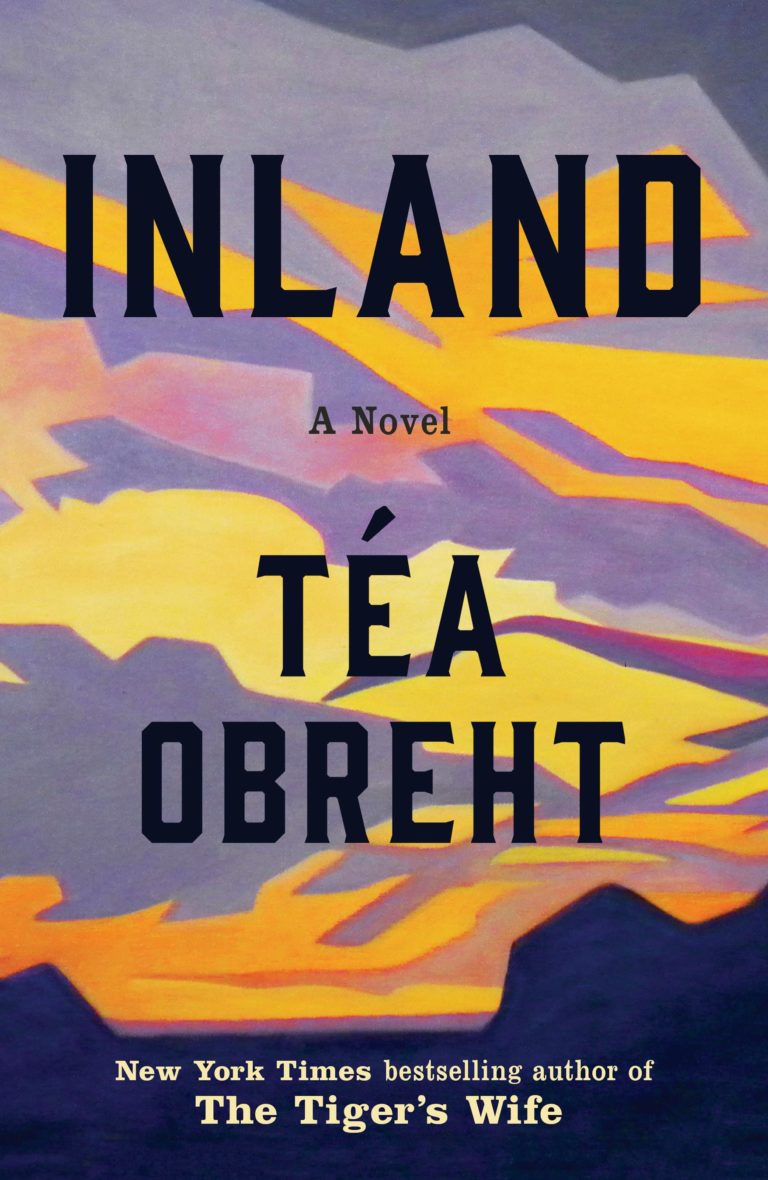
“Inland” by Tea Obreht
This is a very unusual story, partially why I selected to read it, as the blurb had intrigued me. In fact, I think that the brief synopsis “In the lawless, drought-ridden lands of Arizona Territory in 1893 two extraordinary lives collide” is a bit misleading, but certainly beguiling.
We first meet Lurie, who has a price on his head, and has a tenacious lawman on his trail for most of the book. He is of Middle East origin, his Anglicised name derived from Djuric. After various narrow escapes he falls in with a caravan of camels destined for the US army. This is factual; there was the Beale Wagon Road of camels between Arizona and California seen as ideal carriers across the deserts; the American Civil War intervened, and the animals lost in the desert’s haze of history’s memory, to now be very well remembered by this prize winning author. She won the Orange prize for her first book “The Tiger’s Wife”.
Lurie is an interesting character who becomes very attached to his camel. Also fellow handler Jolly, with whom Lurie establishes a firm friendship. It is their escapades, over many years, which form the greater part of this story. Their adventures, and camel riding, allows the author to introduce fresh ideas into the traditional Western, and to describe some bleak landscapes.
The second strand is a day in the life of Nora Lark, mother, wife, Arizonian frontierswoman. Her husband a newspaperman has gone off seeking water for their drought stricken farm, their two oldest sons have also left after him following a family row. Nora remains looking after her youngest son Toby, mother-in-law and home help and cousin Josie. Their lives are tough at the best of times, but now, with no spare water at all, drought and thirst are recurring parts of her story as is the strange beast Toby and Josie have seen which has alarmed them both.
We witness disputes that interfere with the lives of the Lark family, their farm, and their business. Local politics, lawlessness and rivalries permeate the pages where Nora’s story is told, and throughout she talks to her dead daughter Evelyn. The events of this day mount as do the tensions within the household and with their neighbours until the new day dawns and the novel’s denouement throws light on their uncertain lives.
One of the joys of this book apart from the unusual storyline is the descriptive text, Obreht has an ability with words and she conjures up some great pictures in the reader’s mind; one book to savour, not to rush, like the steady pace of a camel across a deserted landscape.
